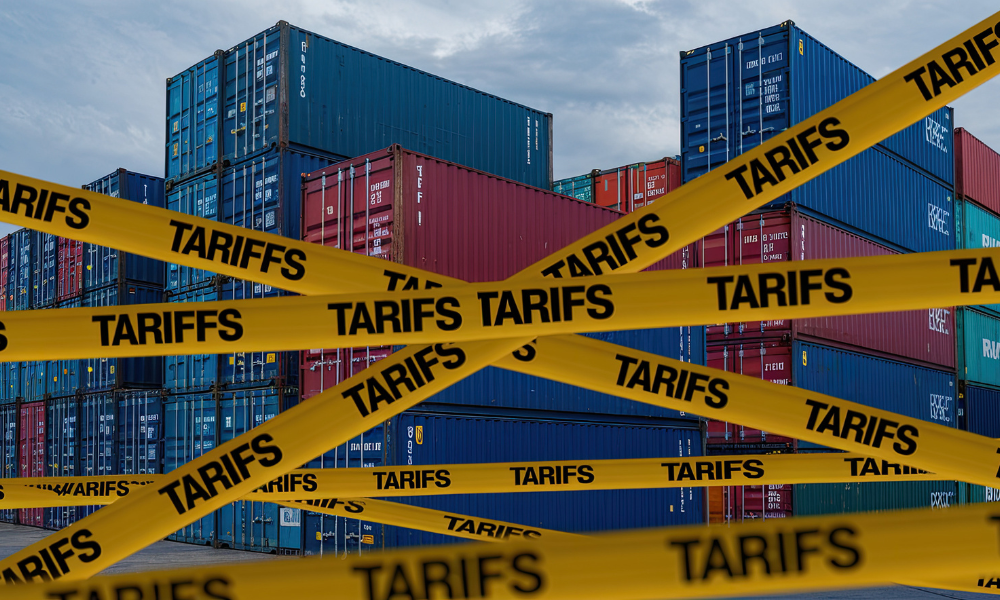A new paper points to a growing gulf between the extremely rich and everyone else

A new report from the Canadian Centre for Policy Alternatives (CCPA) suggests that the lack of an inheritance tax is the main reason behind a widening chasm between the extremely wealthy and everyone else in Canada.
“The 87 wealthiest families in Canada owned a collective $259 billion at the end of last year, or just shy of $3 billion apiece,” reported CBC News, citing the report. Referring to data from Statistics Canada, the news outlet said the figure rose by $850 million — a jump of 37% — from 2012 to 2016.
According to David Macdonald, the CCPA economist who authored the study, the median Canadian family’s net worth increase by just 15% over the same period from $257,200 to $295,100.
Macdonald asserted that the country’s wealthiest are disproportionately composed of people who inherited their wealth, as opposed to being self-made. The CCPA paper has therefore suggested the implementation of an inheritance tax, which is typically paid out of an estate before it’s passed down as an inheritance.
Canada stands apart from other G7 countries as the only one with no formal inheritance tax at the federal or provincial levels. It has company in the OECD, where 14 other member-nations have no such tax.
Read more: Is there an inheritance tax in Canada?
“A family's stock of wealth can accumulate not just over a single lifetime, but over generations, through inheritance, which further widens whatever income gaps may have existed on an annual basis,” Macdonald said. He estimated that if inheritances worth $5 million or more were taxed at 45% — in line with over-40% tax rates at the US, the UK, France, Japan, and South Korea — would put $2 billion more per year in government coffers.
Some economists, notably Greg Mankiw of Harvard, argue that having no inheritance tax is actually a good approach as it encourages estate-building, which would in turn spur the economy; wealth inequality could then be addressed with broader measures such as consumption taxes.
But from the CCPA’s point of view, wealth inequality is best addressed through a “modest” inheritance tax, as well as a second look at tax breaks to capital gains and dividend income, which are disproportionately used by the wealthy.
“Eliminating the 50 per cent tax break for capital gains and the 25 per cent tax break on dividends would raise $11 billion and $5 billion annually while almost exclusively targeting Canada's highest earners,” Macdonald said.
Related stories:
Wealth inequality in Canada no problem, says economics expert
Well-to-do baby boomers could fuel wealth inequality: report



